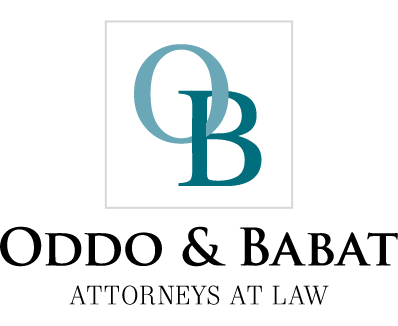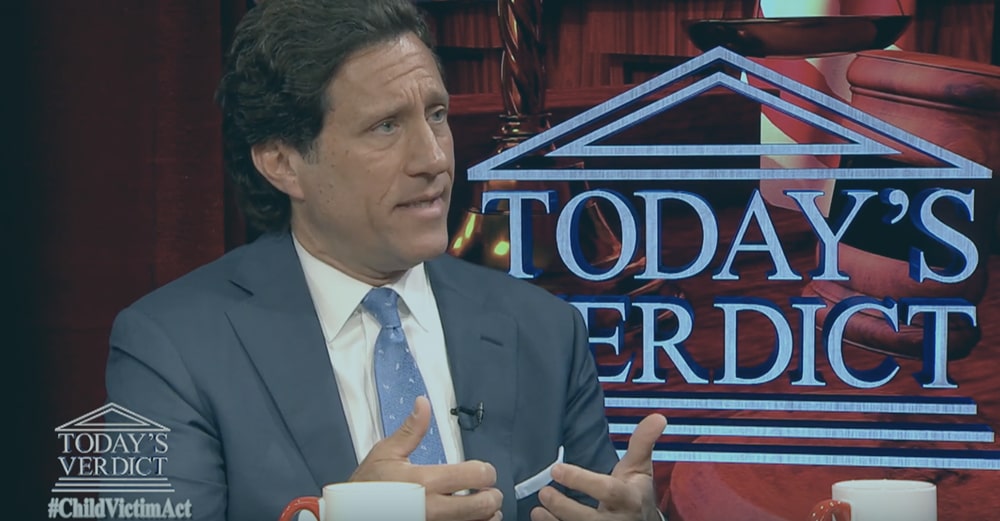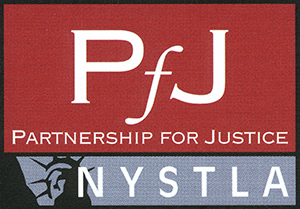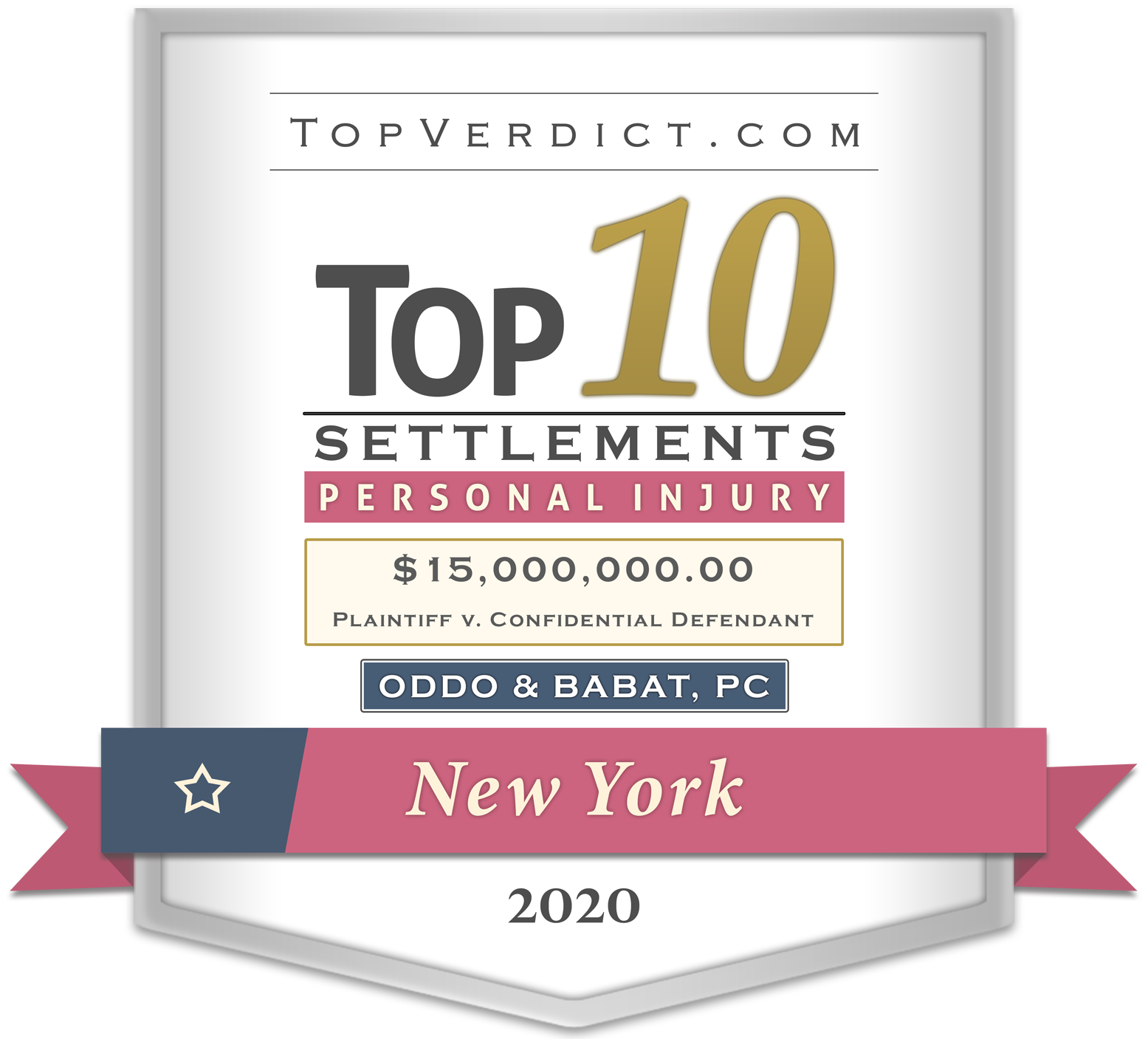Mold In Your New York City Apartment
Posted on July 31st, 2012 by Oddo & Babat, P.C.
What is Mold?
Molds produce tiny, invisible spores that float around until they find an environment in which they can grow. There are over one hundred thousand varieties of mold, with over 1,000 common in this country, and their spores are flying around all the time. Many molds are helpful (medicines and cheeses), many harmless, but some are dangerous to humans.
Many of your rights depend on the type of housing you live in or your type of tenancy. You may be subject to different laws and have different sets of rights than even neighbors in your own building. Learn which rights and responsibilities apply to you.
Where is mold usually found in New York City apartments?
Molds can grow on paper, wood, sheet rock / drywall, carpet, plaster, or any other surface that is kept wet or damp. The growths are most common in bathrooms, kitchens, basements, near chronic leaking areas (such as leaking risers and radiators, or roof leaks), and in newer buildings, in air ducts.
What causes mold to grow?
Mold grows in areas that are kept wet or moist, so simply cleaning up mold is insufficient if there continues to be a water leak, water build-up (such as after a flood), moisture build-up, or standing water (as in a basement). When mold spores land on a consistently wet surface, they then grow into the musty, mildewy-smelling orange or black yuck that is instantly recognizable as mold. Mold growths are often a problem after a flood – either from sewage, a bad leak or very wet weather conditions.
When does mold become harmful to health?
According to the federal Environmental Protection Agency, the Centers for Disease Control, and the NYC Department of Health, most common molds that grow in small quantities are harmless for healthy people but obvious mold growths in homes or work places should be cleaned up immediately. Some types of mold can be very harmful to humans, especially young children, the elderly, and those with compromised immune systems. Even healthy people can develop severe illnesses and allergies when exposed to large mold growths. Illnesses related to mold growth include allergic reactions (fever, itching, rashes, eye problems, breathing difficulties, etc), asthma, and severe respiratory problems. The Stachybotrys chartarum mold is particularly harmful, though not common but is perfectly suited to apartment buildings and houses with chronic leaks or floods. This greenish-black mold grows on substances with high cellulose content such as wall board, sheet rock, and other common building materials. Toxic chemicals released by the mold can, according to some medical experts, cause very serious lung problems. In large quantities, according to some sources, mold mycotoxins can induce allergies and chronic, severe health problems in previously healthy people.
Is it a violation for there to be mold in my apartment?
The city’s housing department will record mold growths as “C” class, or immediately hazardous violations. However, tenants continue to report that both the health and the housing departments are not very effective in forcing resistant landlords to both clean up mold growths and to keep the growth away. Tenants in some of New York City’s newer buildings have had severe mold problems either because of carelessly maintained air conditioning/heating duct work or because of uncorrected leaks.
What should be done when mold is found in my apartment?
Mold should be cleaned up, according to the NYC Deptartment of Health, with a mild bleach and water solution by a person who is not allergic or sensitive to the mold. Young children, especially babies, older people, pregnant women and anyone with asthma or other allergic or lung condition should not be involved in or around the mold or the clean up. The cleaning cloths should be discarded, and any thing that had the mold growing on it, such as carpets, curtains, furniture, paper, wall paper, plaster or sheet rock should also be discarded. The city’s health department has clear guidelines for cleaning up mold growths which should be followed. If your landlord is doing the cleanup, make sure his workers follow the guidelines. Obviously, very large growths should be handled by a trained contractor hired by the landlord.
What is my landlord’s responsibility to eliminate mold in my apartment?
Your landlord is responsible for properly cleaning up the mold and for repairing any conditions that are keeping the condition in your apartment wet. The source of the water build-up may have been a flood that was never cleaned up after (with standing water), a leaky pipe – including pipes between the walls, or pipes in adjacent apartments, roof leaks, or leaks coming from the outside walls in your building (which require pointing), or other causes. Repairing these problems are all your landlord’s responsibility, no matter what they cost.
Before any cleaning work is done the source of the water or moisture build-up has to be stopped. If there is a plumbing leak coming from the apartment above you and causing the drywall on your ceiling to develop mold, cleaning the mold in your apartment will not solve the problem, as the mold will soon re-emerge. Even replacing that section of drywall will be inadequate if the leak is not fixed, as the new drywall will soon become wet.
What if my landlord fails to clean up the mold?
Report the mold problem in your apartment or common building area to the New York City Department of Health. You should also report mold and any chronic leaks from pipes, improperly working drains, or roof leaks, to the New York City Department Of Housing, Preservation and Development. Be sure to date the letter, keep a copy and send it to the landlord either by certified mail or with a receipt of mailing.
If the landlord fails to act promptly, contact , Oddo & Babat at 212-642-0950 to discuss further action.
Source: Metropolitan Council on Housing


 I consulted with David the first time a couple of years ago on a serious matter that affected a very close member of my family. Not expecting a good experience from this serious situation coupled with an attorney consultation, the entire thing surprised me as it was pleasant, professional, and completely successful. We found him clear, direct, generous and extremely knowledgeable throughout the process. I give my very strongest recommendation
I consulted with David the first time a couple of years ago on a serious matter that affected a very close member of my family. Not expecting a good experience from this serious situation coupled with an attorney consultation, the entire thing surprised me as it was pleasant, professional, and completely successful. We found him clear, direct, generous and extremely knowledgeable throughout the process. I give my very strongest recommendation








